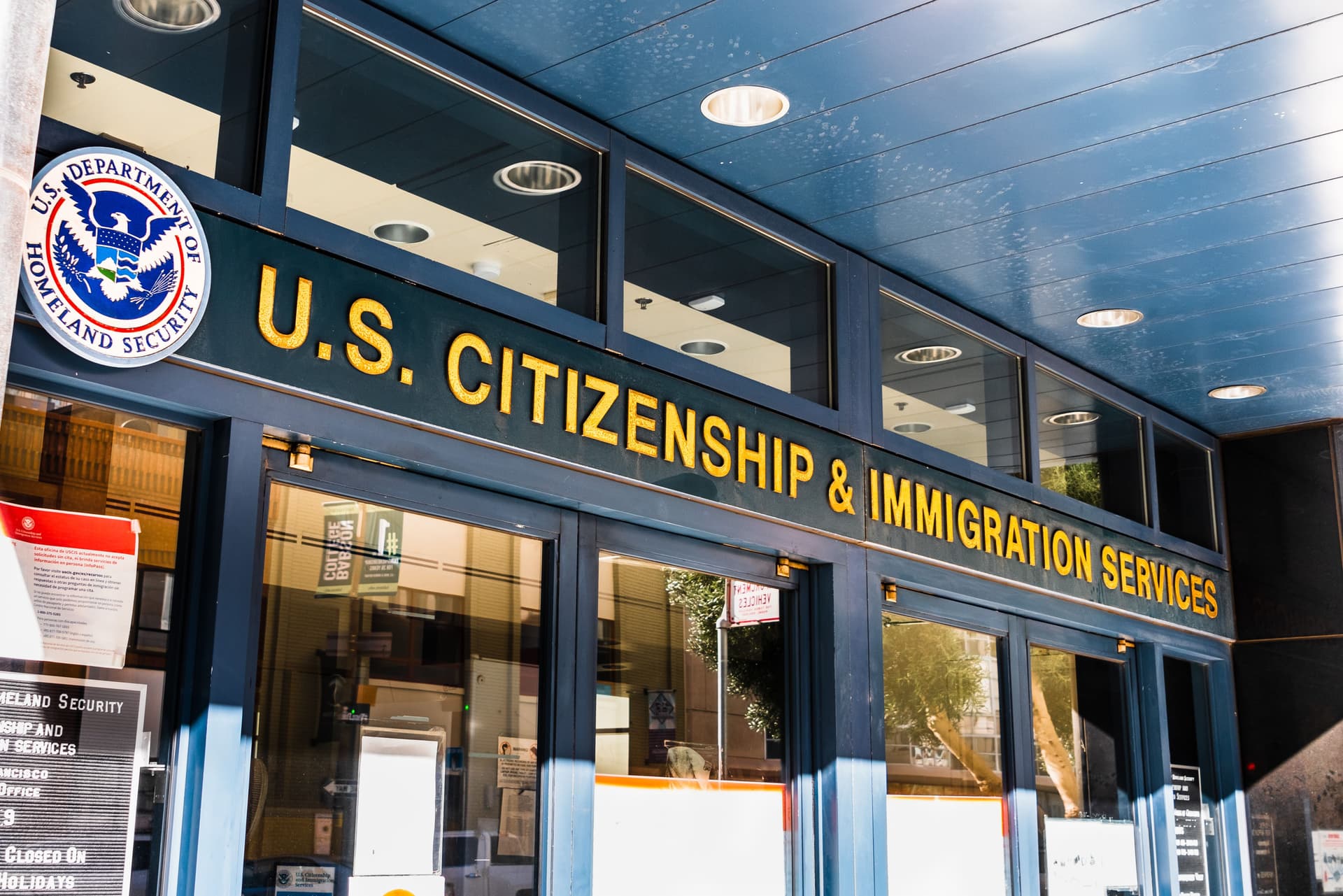New USCIS visa processing fees may affect hospital recruiting
With a 2,050% higher processing fee for the H-1B visa, will hiring foreign-trained nurses still be a viable option?

Sundry Photography/Getty Images
• less than 3 min read
In what could either be a very elaborate April Fools prank or just plain bad news for employers looking to sponsor health workers from abroad, the US Citizenship and Immigration Services (USCIS) raised fees for employment-based visa applications on April 1.
Sadly, unlike with the Empire State Building’s Rainforest Café announcement, it doesn’t feel like USCIS is about to come out with a “Haha, gotcha!” anytime soon.
One affected visa in particular may spell consequences for the healthcare industry: the H-1B, the most commonly used visa for foreign workers. Under the new USCIS rule, the petition fee for the H-1B (known as Form I-129) jumped to $780 from $460, a 70% increase, and the H-1B registration process fee increased from $10 to $215—a 2,050% hike.
With staffing shortages rampant in the healthcare industry, especially for nurses, some health systems have shifted to hiring international medical workers. But there are only two ways a foreign-educated nurse can legally migrate to the US—by obtaining a green card for registered nurses or an H-1B visa, according to the Commission on Graduates of Foreign Nursing Schools, a nonprofit organization that evaluates and verifies nurses to work in the US.
As green cards are only for workers who plan on becoming permanent residents, most employers choose to file H-1B visas for their employees. The Henry Ford Health system, for example, chose to sponsor H-1B visas for its internationally recruited nurses, Healthcare Brew previously reported.
The American Hospital Association declined to comment on whether this price increase is likely to affect the hiring of foreign-trained nurses.
Navigate the healthcare industry
Healthcare Brew covers pharmaceutical developments, health startups, the latest tech, and how it impacts hospitals and providers to keep administrators and providers informed.
Navigate the healthcare industry
Healthcare Brew covers pharmaceutical developments, health startups, the latest tech, and how it impacts hospitals and providers to keep administrators and providers informed.